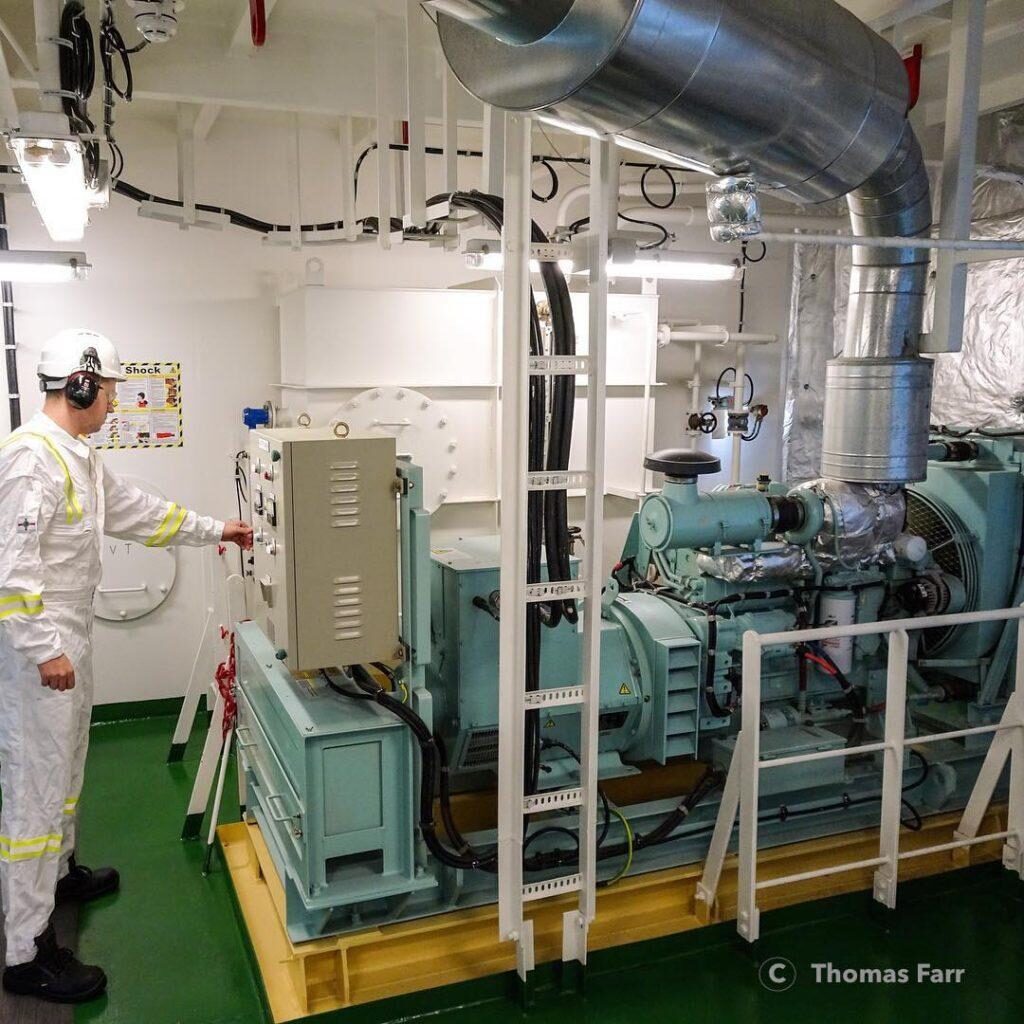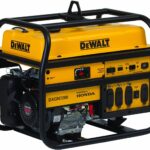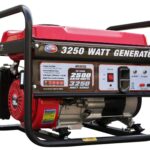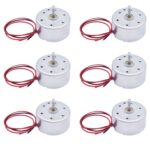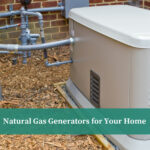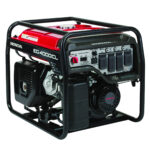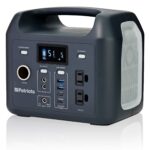An emergency generator is an essential tool for any generator owner. It is important to have a reliable source of power in the event of a power outage or other emergency. A generator can provide a source of much-needed electricity in times of need, and can be used to power essential appliances and equipment. Having an emergency generator on hand can help protect against potential damage from power outages, as well as provide peace of mind. This article will discuss the features and benefits of having an emergency generator, and provide tips for choosing the right generator for your needs.
Types of Generators
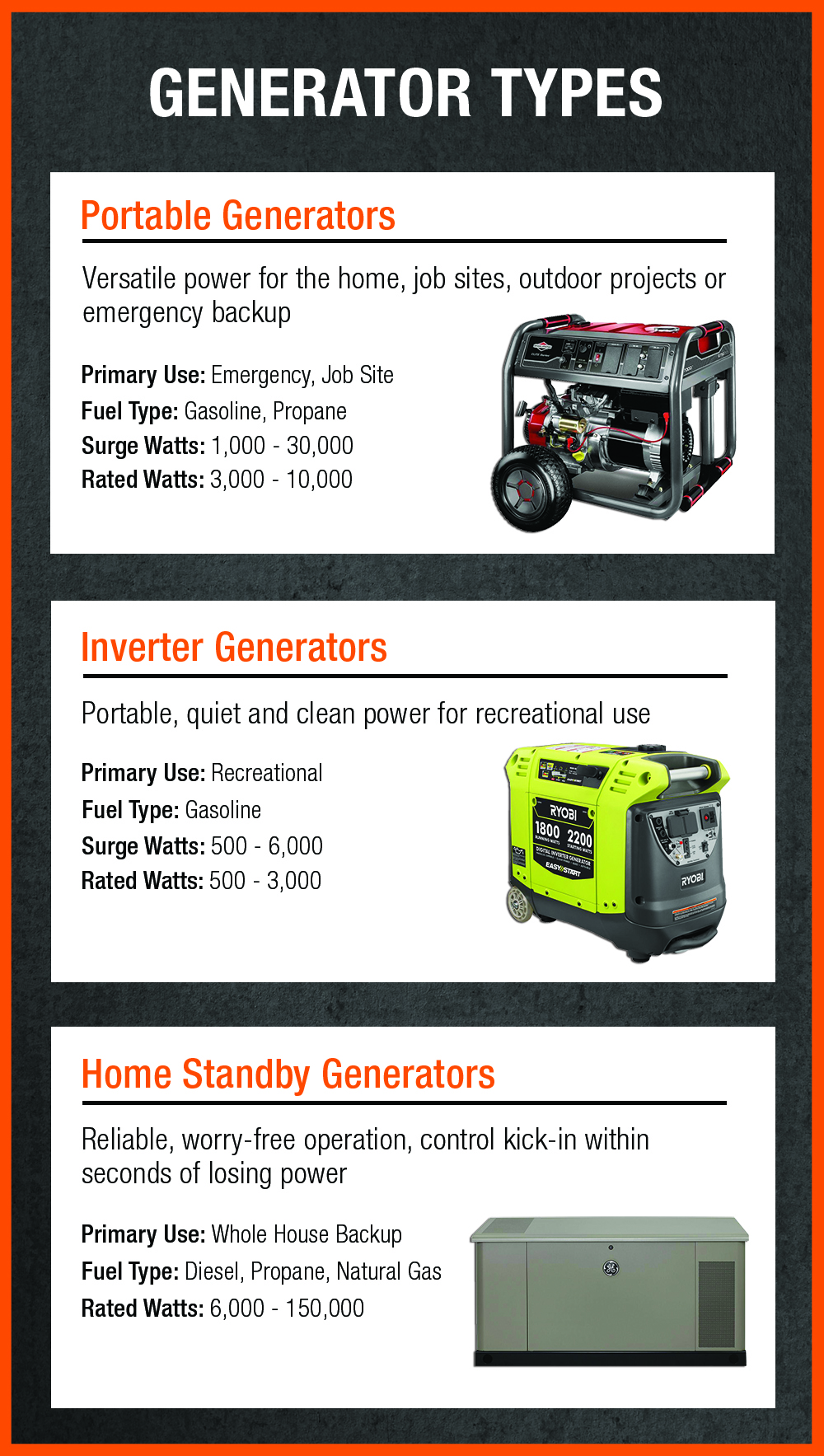
1. Portable Generators
Portable generators are an easily transportable source of power. They are ideal for short-term power needs such as powering tools or camping. They are usually powered by gasoline and are relatively affordable.
2. Standby Generators
Standby generators are permanently installed and are connected directly to your home’s electrical system. They are usually powered by propane or natural gas, and are designed to start automatically when the power goes out. They are more expensive than portable generators, but provide a more reliable and longer-lasting source of power.
3. Emergency Generators
Emergency generators are similar to standby generators but are designed for larger, more powerful needs. They are typically used in commercial and industrial settings, and are often powered by diesel fuel. They are more expensive than portable and standby generators, but provide a reliable source of power in emergency situations.
Benefits of Emergency Generators
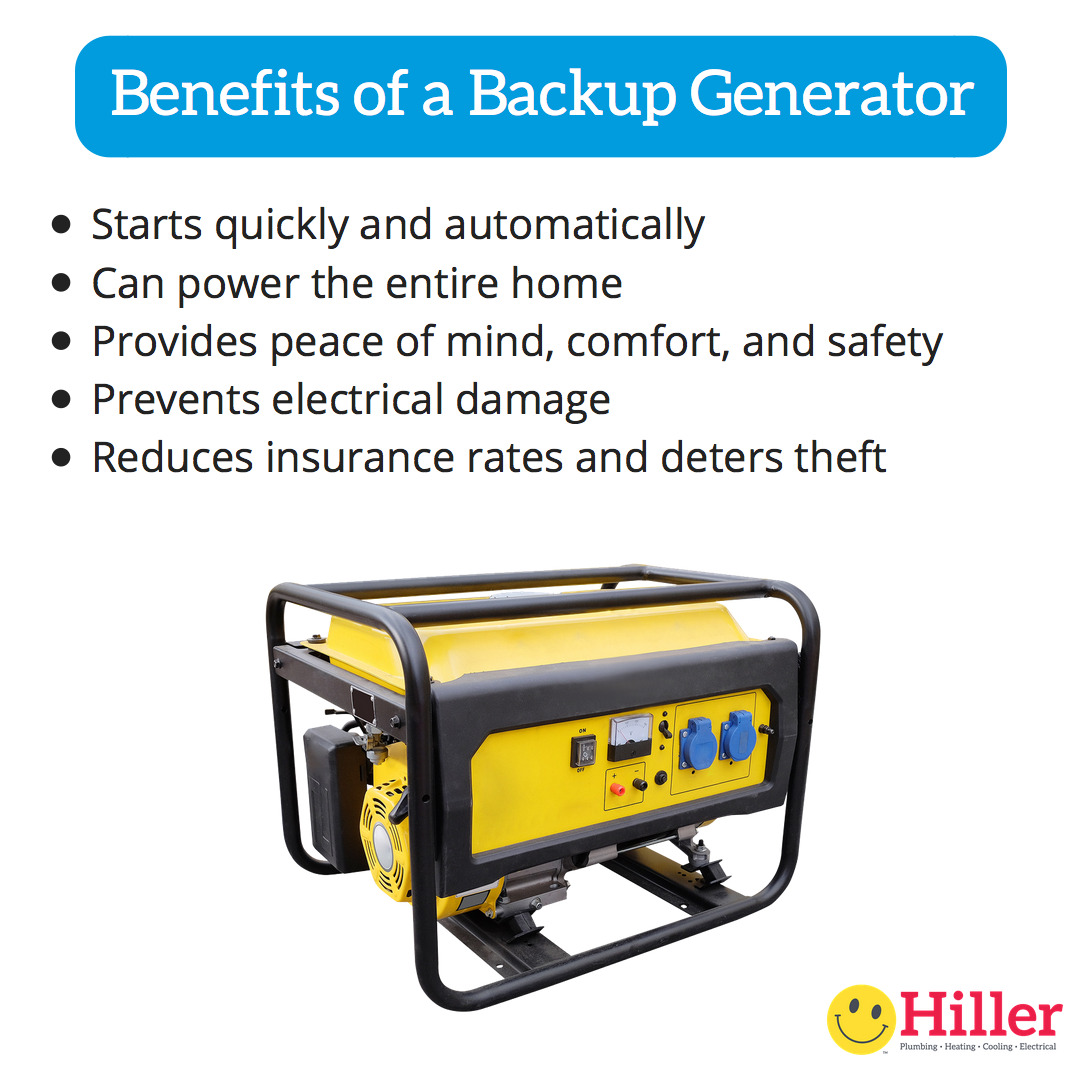
Emergency generators provide essential power in times of emergency when standard power sources are unavailable. This can include natural disasters, power outages, and extreme weather. The benefits of emergency generators are numerous, including:
- A reliable source of power: Emergency generators provide a reliable source of power, even in the worst of conditions. This ensures that essential services, such as medical care and emergency services, can continue to operate.
- Cost-effective: Emergency generators are a cost-effective means of providing backup power. They require minimal maintenance and can be used for years without needing to be replaced.
- Safety: Emergency generators provide a safe and reliable source of power in the event of a power outage or natural disaster. This ensures that essential services, such as medical care and emergency services, can continue to operate.
- Convenience: Emergency generators are easy to install and can be used in a variety of environments. This makes them a convenient and effective way of providing backup power in times of emergency.
- Environmentally friendly: Emergency generators are powered by renewable energy sources, such as solar or wind, making them an environmentally friendly option when compared to traditional power sources.
Emergency generators provide a reliable source of power in times of emergency and can be a cost-effective, safe, convenient, and environmentally friendly solution.
Uses of Emergency Generators
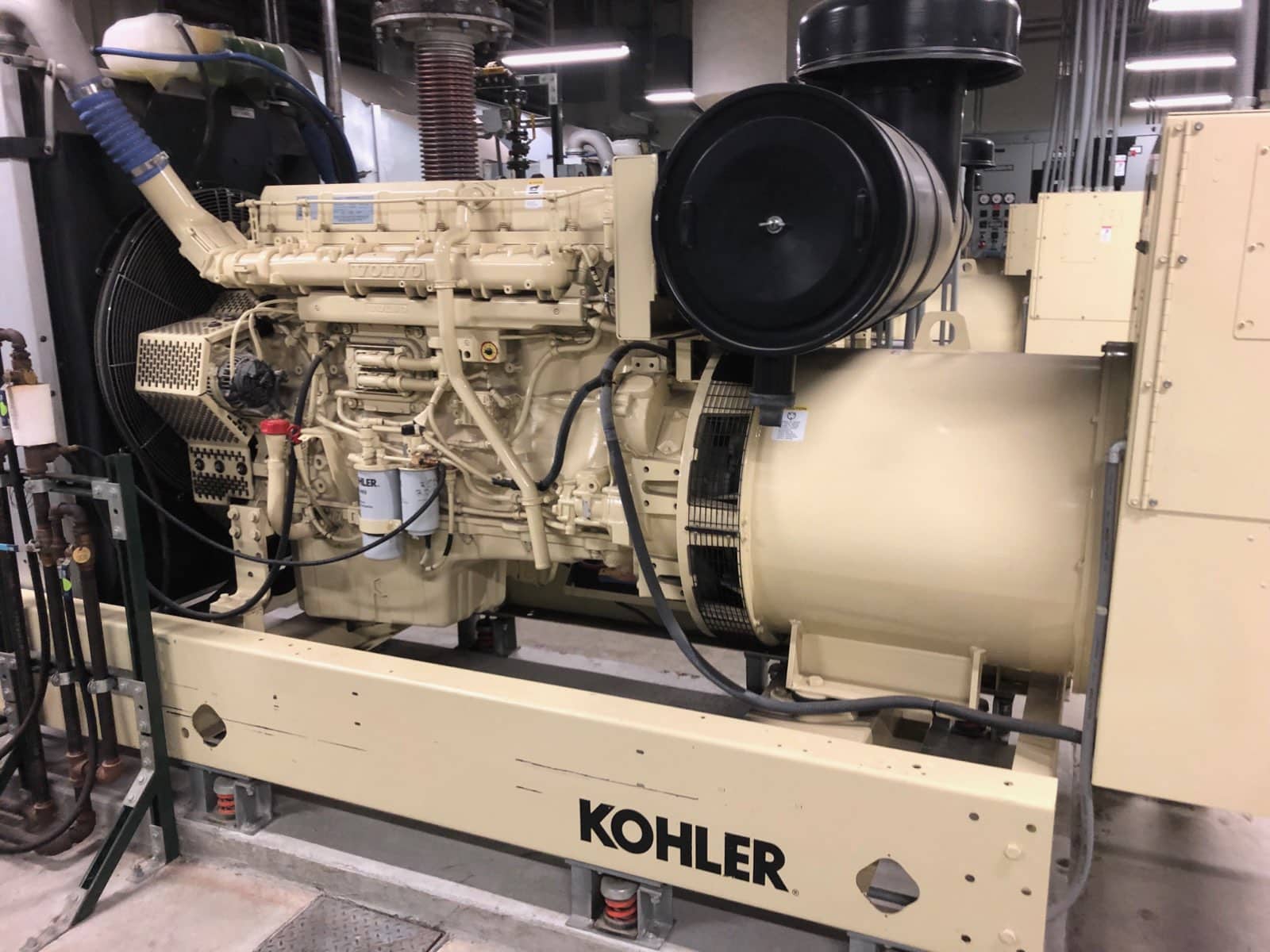
- Provide backup power in case of outages.
- Provide power to critical facilities such as hospitals, fire and police stations, and telecommunications.
- Provide power when there is a shortage of power.
- Provide a reliable source of electricity during extreme weather conditions.
- Provide power to remote locations where power is not available.
- Provide temporary power to construction sites.
- Provide power to mobile offices.
- Provide power to critical infrastructure such as water, sewage, and natural gas pumps.
- Provide power to remote recreational sites.
Installation Process of Emergency Generators
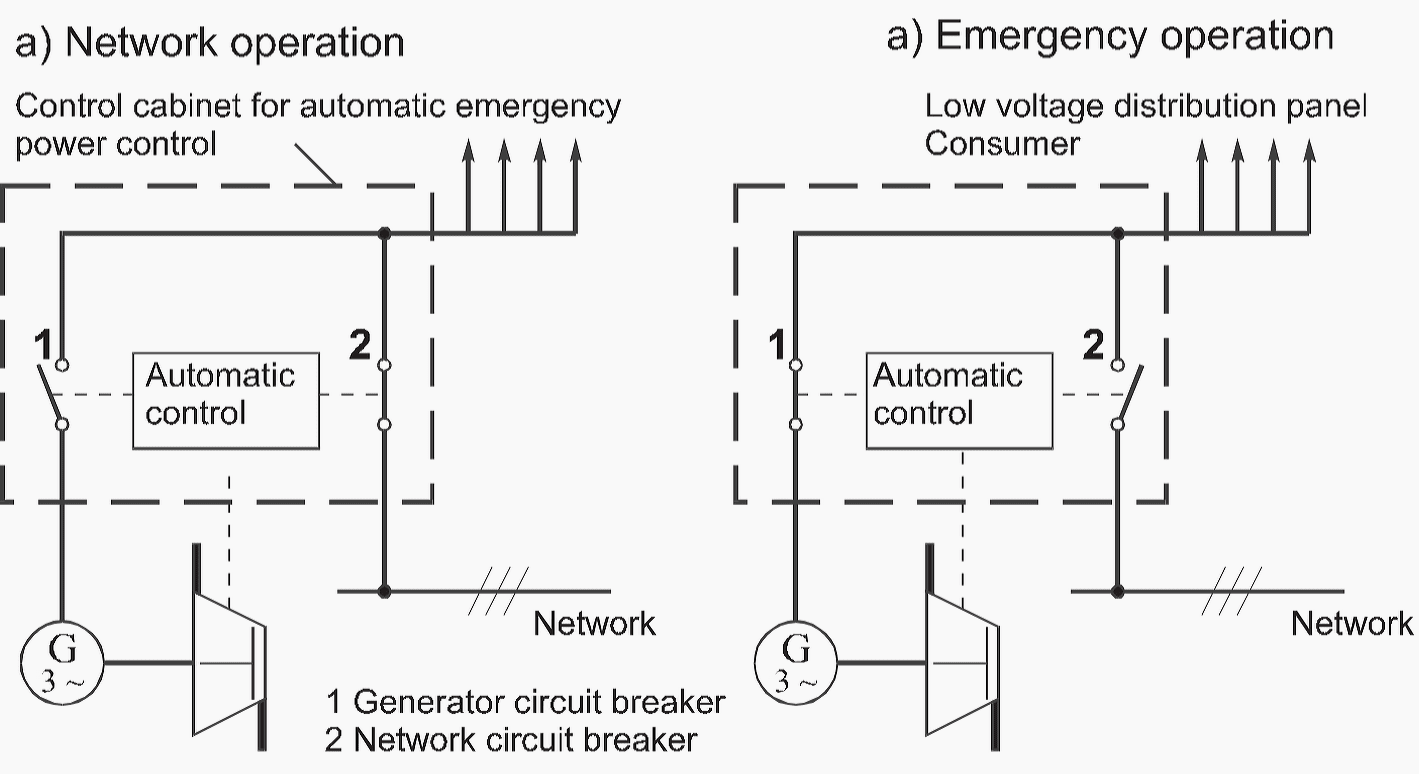
- Ensure a proper location for the generator. This should be an area that is easy to access and away from buildings, vehicles, and other sources of combustible materials.
- Secure the generator to the ground. Install a base for the generator and use bolts and screws to secure it in place.
- Connect the generator to the power grid. Install a transfer switch to connect the generator to the power grid.
- Install the fuel supply. Install a fuel tank, fill it with the required fuel, and connect it to the generator.
- Connect the generator to the load. Install the necessary wiring to connect the generator to the load.
- Install the control panel. Install the control panel and program it according to the manufacturer’s instructions.
- Test the generator. Run the generator and test it to ensure that it is working properly.
Gasoline Generators
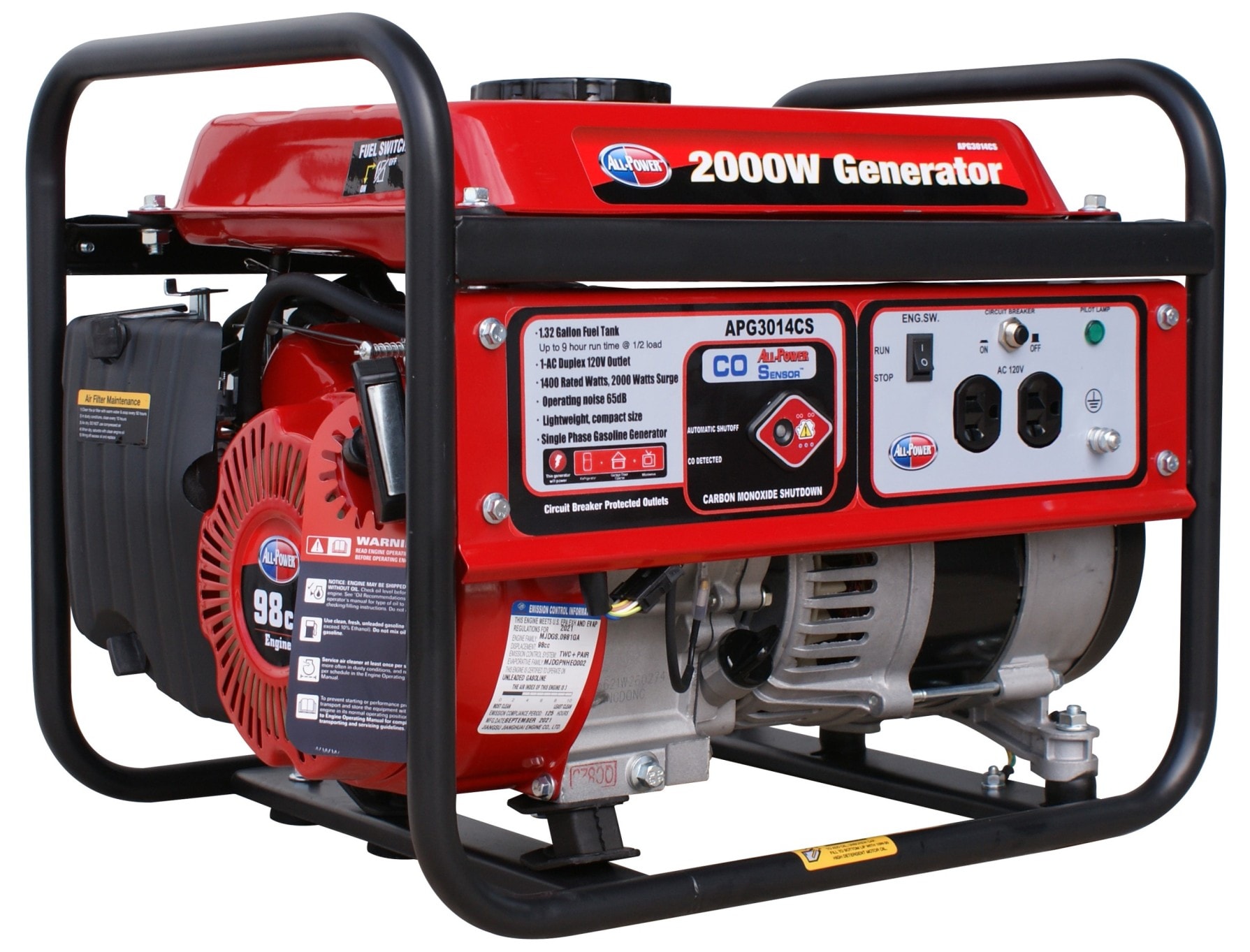
Gasoline generators are the most popular type of emergency generator and are widely available in a range of sizes to suit different needs. They are relatively easy to maintain and do not require complex installation. They are also highly versatile and can be used in a variety of settings, including home, RV, and commercial applications. Gasoline generators are typically powered by either a four-stroke engine or a two-stroke engine and are capable of providing a reliable power supply in the event of an emergency.
Advantages
The main advantage of gasoline generators is that they are relatively inexpensive and easy to use. They are also compact and lightweight, making them easy to transport and store. Additionally, they are relatively low maintenance and do not require a lot of upkeep.
Disadvantages
The main disadvantage of gasoline generators is that they can be noisy and can emit fumes that can be hazardous. They also require regular maintenance and fuel, which can be expensive. Additionally, they require proper venting to ensure that carbon monoxide emissions are kept to a minimum.
2. Diesel Generators
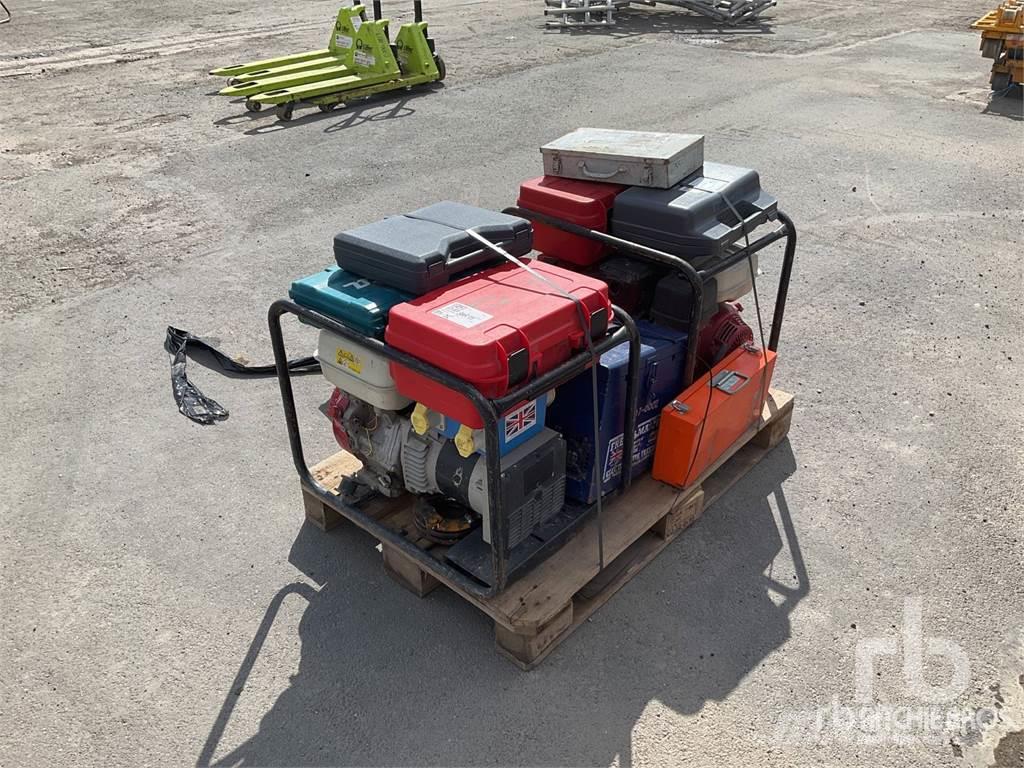
- Diesel generators are powered by diesel fuel, making them a reliable and cost-effective choice for emergency power.
- Diesel generators are easier to maintain than most other types of generators, as they require less frequent maintenance and refueling.
- Diesel generators are also less expensive to operate than most other types of generators, as they use less fuel and require less frequent maintenance.
- Diesel generators are also more reliable than gas or propane generators, as they are not prone to ignition issues.
- Diesel generators are also quieter than most other types of generators, making them ideal for residential or commercial use.
3. Propane Generators
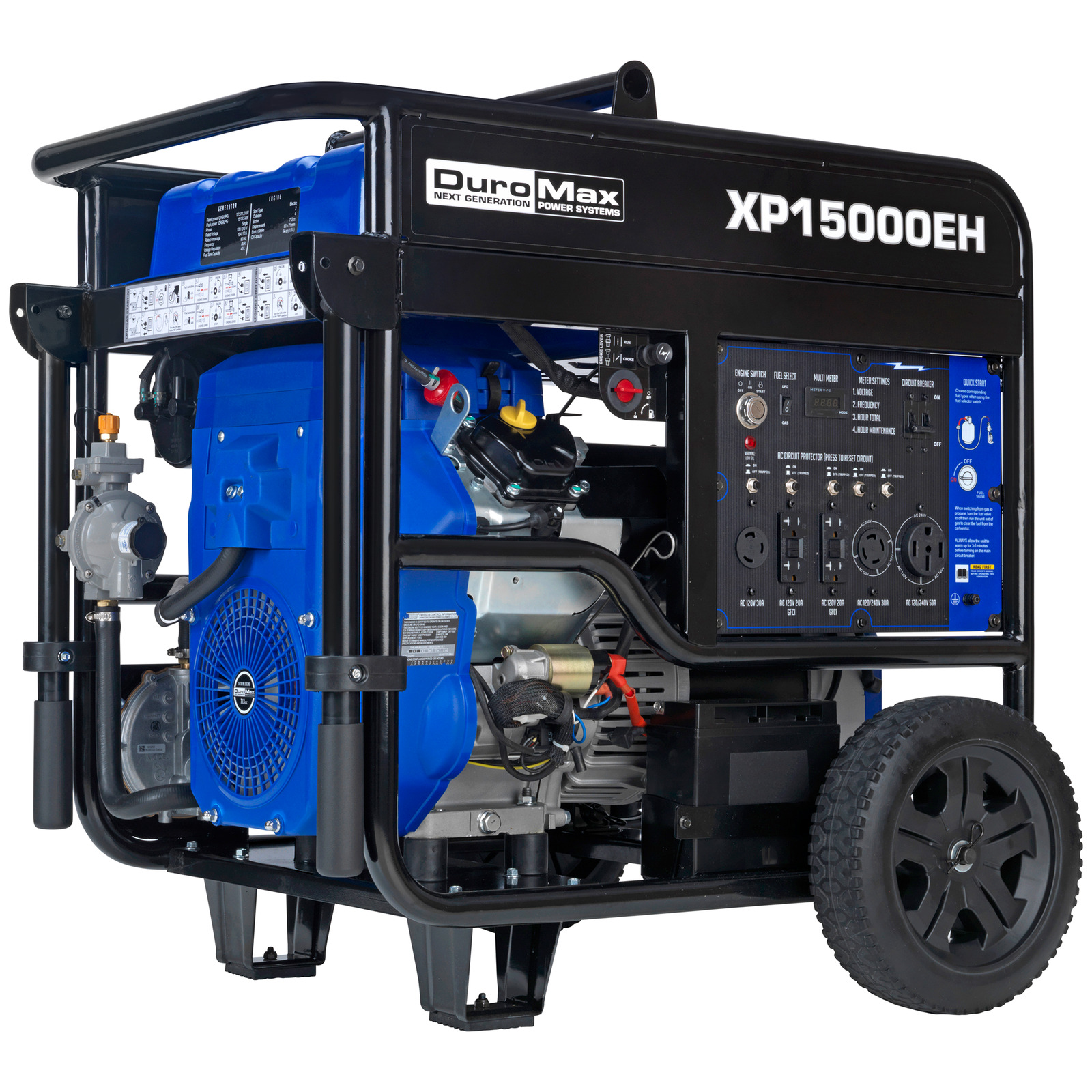
Propane generators are an excellent option for emergency power as they are reliable, efficient, and affordable. Propane generators are powered by a liquid propane fuel source, meaning that they are easy to store and have a longer shelf life than gasoline. They also run quieter than gasoline-powered generators, so they are less disruptive to your neighbors. The propane used in these generators is also easy to acquire in most areas, so you won’t have to worry about finding fuel in an emergency. Propane generators are also less likely to produce carbon monoxide and other toxic fumes, making them a safer option. They are typically more expensive than gasoline-powered generators, but they are well worth the investment.
Maintenance of Emergency Generators
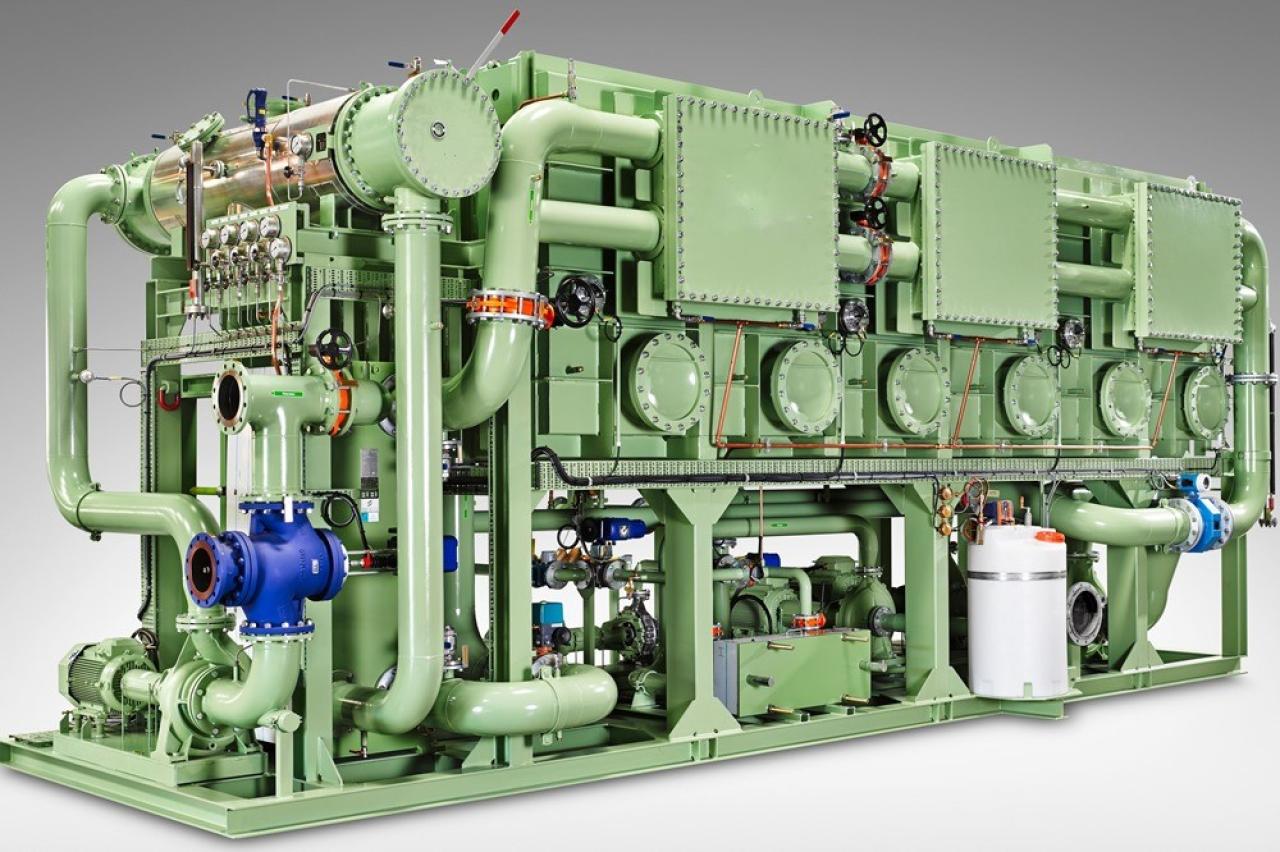
- Regularly inspect the generator and its components for signs of wear and tear.
- Check the oil and fuel levels, and change the oil and filter as necessary.
- Clean the generator and its components to prevent rust and corrosion.
- Test the battery and starter, and clean the terminals and cables.
- Check all electrical connections for loose wires and terminals.
- Make sure all safety devices are functioning properly.
- Inspect the fuel lines and connections for leaks.
- Check the exhaust system for damage or blockage.
- Test the generator for proper operation.
- Schedule a professional maintenance check every 12 months.
Advantages of Emergency Generators
Emergency generators are a great way to provide power to your business or home in the event of an emergency or power outage. They provide a reliable source of energy in the event of a power outage and can save you a lot of money in the long run. Here are some of the advantages of emergency generators:
1. Cost savings: Emergency generators can save you money in the event of a power outage or emergency. By providing a reliable source of power they can reduce the cost of running a business or home.
2. Safety: Emergency generators provide a reliable source of energy when the main power supply is not available. This can help to ensure that safety systems, such as those found in hospitals and businesses, are able to work correctly in the event of an emergency.
3. Convenience: Emergency generators provide a convenient source of energy in the event of a power outage. This can prevent a lot of stress and inconvenience for businesses and homeowners.
4. Portability: Emergency generators are usually highly portable and can be used in a variety of locations. This makes them a very versatile power source and can be used in a variety of situations.
Overall, emergency generators provide a great way to keep your business or home running in the event of an emergency or power outage. They provide a reliable source of energy, cost savings, safety, convenience, and portability.
Disadvantages of Emergency Generators
| Pros | Cons |
|---|---|
| Reliable source of power | Expensive |
| Highly efficient | Requires fuel |
| Easy to install | Noise pollution |
| Low maintenance | Emissions |
Emergency generators are a reliable source of power, but they come with several drawbacks. First, they are expensive, and the cost of installation and maintenance can also be high. Second, they require fuel, which must be stored and monitored regularly. In addition, they are noisy and can cause noise pollution in residential areas. Lastly, they produce emissions which can be damaging to the environment.
Frequently Asked Questions
What are the benefits of having an emergency backup generator?
Having an emergency backup generator provides peace of mind in the event of a natural disaster or power outage. It enables critical services such as medical care, telecommunications, and utilities to continue functioning, while also providing backup power to homes and businesses. Additionally, an emergency backup generator protects against the economic hardship caused by a loss of power, as it prevents damage to equipment, inventory, and other assets. It also ensures that businesses remain operational during an emergency, thus avoiding the loss of revenue.
What type of generator should I use for an emergency home power generator?
When choosing an emergency generator for home use, it is important to consider both the size and the type of generator. For larger homes, a whole house generator is the best option, as it provides enough power to run most home appliances. For smaller homes, a portable generator may be the most practical choice. Portable generators can provide enough power to run lights and small appliances, making them ideal for emergency situations. When selecting a generator, consider the wattage of the appliances you want to power and select a generator that can provide that wattage.
What are the safety considerations when using an emergency generator?
Emergency generators must be installed and operated in accordance with local and national regulations. They must be regularly inspected and maintained to ensure they work properly. Operators must be aware of the dangers associated with carbon monoxide, fuel and electric shock. Fuel should be stored safely away from the generator and electrical wiring should be checked to ensure it is installed and maintained correctly. Electrical cords should also be regularly checked for fraying and other signs of wear and tear. The generator’s exhaust system should be checked to make sure it is working properly and always be kept away from open windows and doors.
What is the difference between an emergency generator and a regular generator?
Emergency generators are designed to provide back-up power in the event of a power outage. They are typically larger than regular generators and are connected to a home or building’s electrical system. They are often used to power critical systems such as refrigeration, security systems, and communication systems during a power outage. Regular generators, on the other hand, are typically used to provide power for recreational activities, such as camping, or to power electrical tools and equipment. They are usually smaller in size and may be powered by gasoline or diesel.
How often should I test my emergency household generator?
It is recommended to test your emergency household generator at least every three months. During the test, check all fluids, change the oil and air filter, and inspect the battery. You should also perform a full load test to make sure your generator is working properly. Additionally, test your generator after any extended period of non-use.
Conclusion
An emergency generator is an invaluable asset for generator owners to have. As it provides a reliable source of power in the event of a power outage, it is the best way to ensure that your home or business stays running when the power goes out. Emergency generators are also a great option for those who are looking to save money on their electricity bills, as they can be used to supplement other energy sources. With the right generator, you can rest assured that you’ll have a reliable power source in times of emergency.

